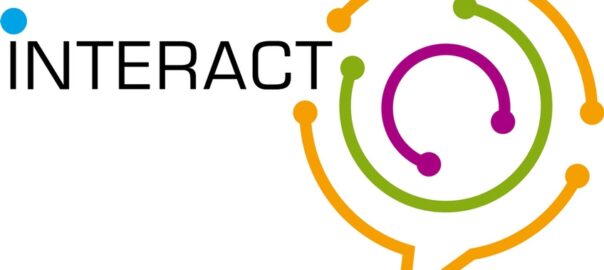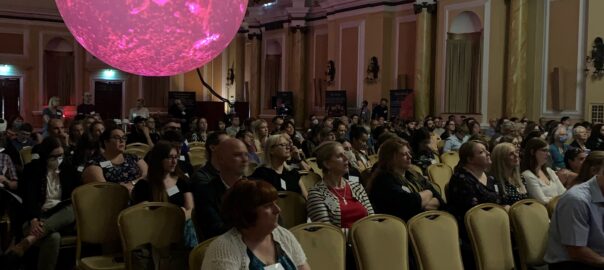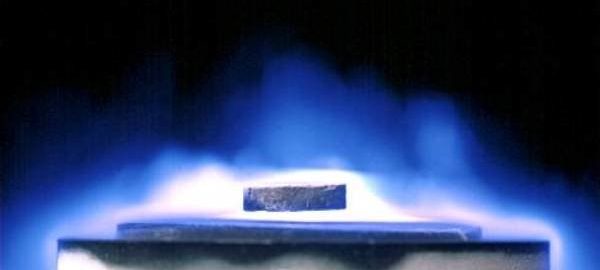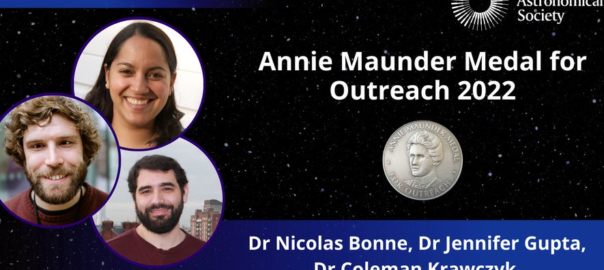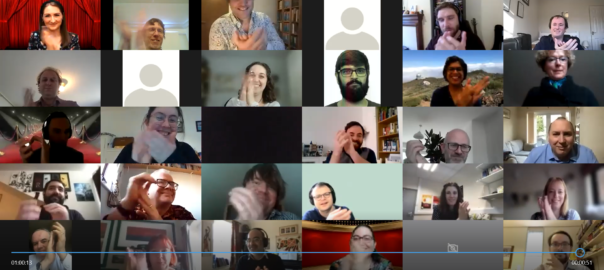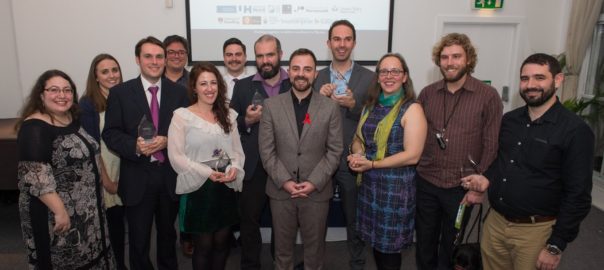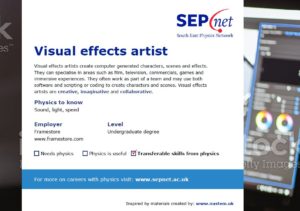Interact 2022 was held at City Hall in Cardiff on September 14th 2022. Interact is a series of biennial sympossia on Public Engagement in the Physical Sciences and are a space for researchers and engagement professionals to meet, share expertise, network, and promote best practice. The 2022 event was a fantastic return to the face to face format for the conference and was attended by 195 delegates across multiple universities, research institutions, outreach organisations, learned societies, industry partners and those from other sectors. Interact 2022 was co-organised by SEPnet, the Science and Technology Facilities Council, the Institute of Physics, the Royal Astronomical Society, the Ogden Trust and Cardiff University.
For Interact 2022 we introduced the role of Roving Reporter and put a call out to delegates to apply for these paid positions. Roving Reporters were tasked with attending the conference as they would have done anyway, selecting the parallel sessions of their choice, and writing us a report summarising their experience of the conference and the content of the sessions they attended. This will serve as a record of the conference, enabling those who could not attend to engage with the conference content, and providing those who attended different parallel sessions to find out about those they couldn’t attend.
A big thank you to our Roving Reporters for their hard work on the report: Stewart Eyres, Ghada Jameel, Claudia Antolini, Holly
Cave, Eliza Hunt and Emmy Amers. The report is available to read and download here.

